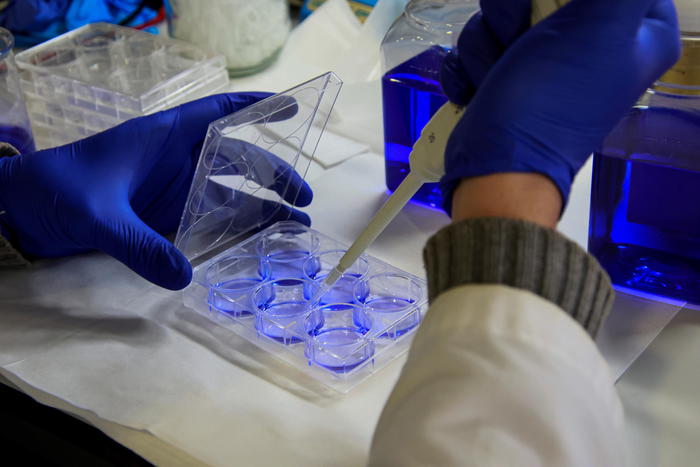
(ANSA) – TURIN, January 04 – From Pnrr funds, a €950,000 loan has reached the Molinette Hospital in Turin for a DNA 2.0 vaccine to treat pancreatic cancer. The project was coordinated by Francesco Novelli, Professor of Immunology and Director of the University’s Department of Molecular Biotechnology and Health Sciences, was developed with support from the non-profit Molinette Research Foundation and will be conducted alongside the Giaccone Polyclinic Unit in Palermo led by Serena Miraviglia.
The goal is to validate Eno3pep as a second-generation vaccine, one that can be administered to nearly all patients with pancreatic cancer. The patent, which has already been filed, is titled “Second-generation DNA vaccine encoding alpha-enolase immune sequences for the treatment of pancreatic cancer.” The funding will enable the research consortium to complete a research track conducted at Molinette Hospital and obtain ministerial clearance for the vaccine’s clinical study, making it “certainly more attractive,” reads a note from the subsidiary university, to many investors from the pharmaceutical and biotech industries.
“For years – explains the university – Professor Novelli’s laboratory has been studying the relationship between the immune system and pancreatic cancer, which is one of the most aggressive and deadly types of cancer.
These studies led to the identification of an overexpressed protein in pancreatic cancer, alpha-ennolase, that is capable of inducing an antibody response and activating anti-tumour T lymphocytes in patients with pancreatic cancer. This immunostimulatory property has prompted the development of a DNA vaccine, encoding the entire alpha-enolase sequence, which has been shown to be effective, largely in combination with chemotherapy, in delaying pancreatic tumor progression in animal models, without eradicating it. Completely.
In order to increase the therapeutic efficacy of the vaccine, Prof. Novelli’s group has developed a second-generation DNA vaccine, selecting only some whole alpha-enolase sequences that have the potential to induce a stronger and more sustained anti-tumor response (ENO3PEP). In animal models, the ENO3PEP vaccine has proven to be more potent and effective than the first-generation vaccine in preventing tumor progression and stimulating an anti-tumor immune response.” (ANSA).
Reproduction is reserved © ANSA Copyright

“Food expert. Unapologetic bacon maven. Beer enthusiast. Pop cultureaholic. General travel scholar. Total internet buff.”



